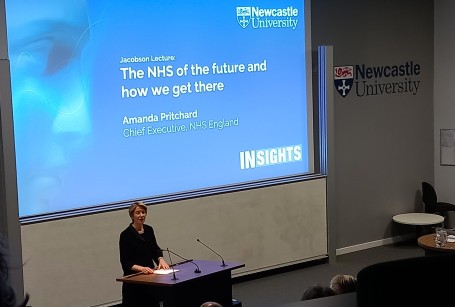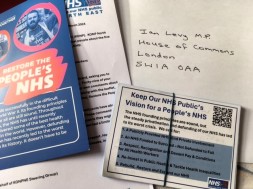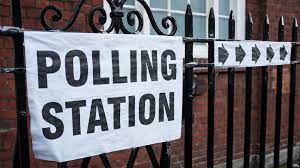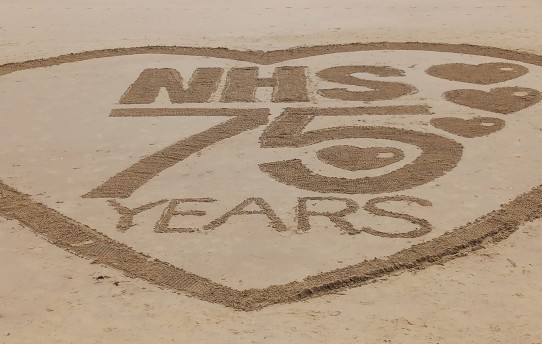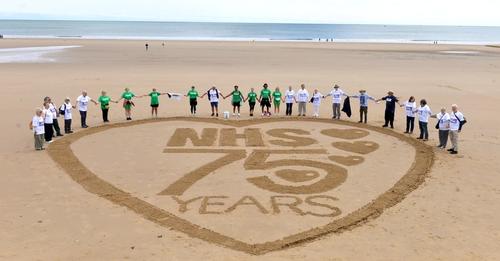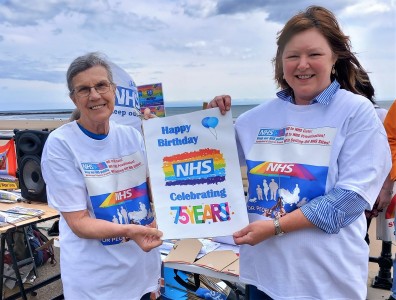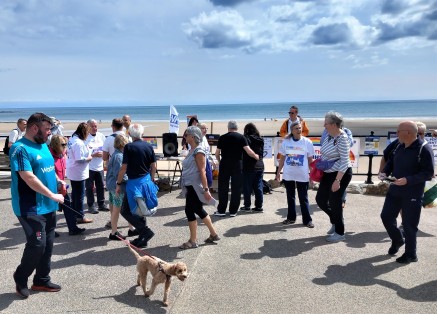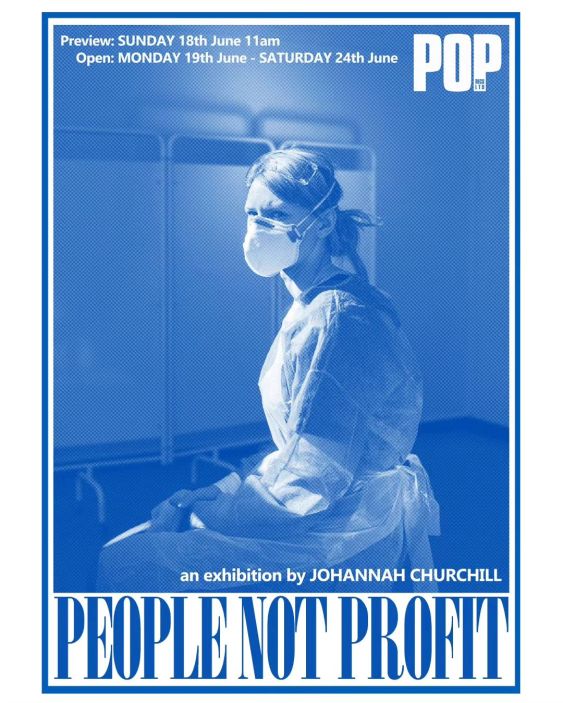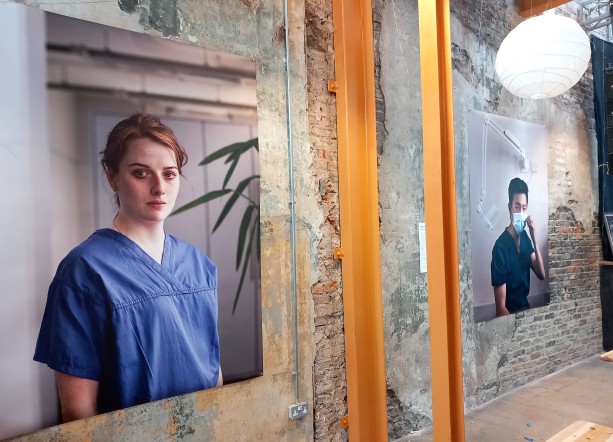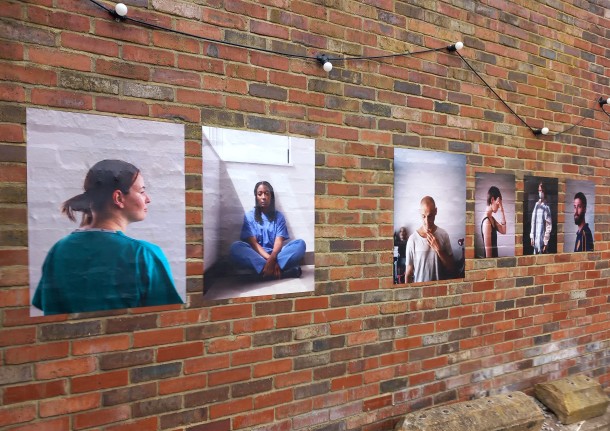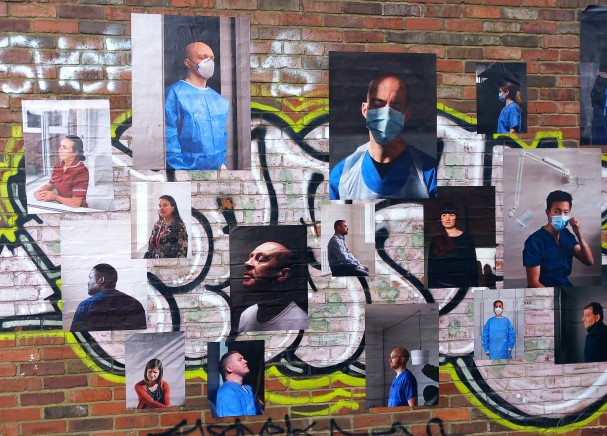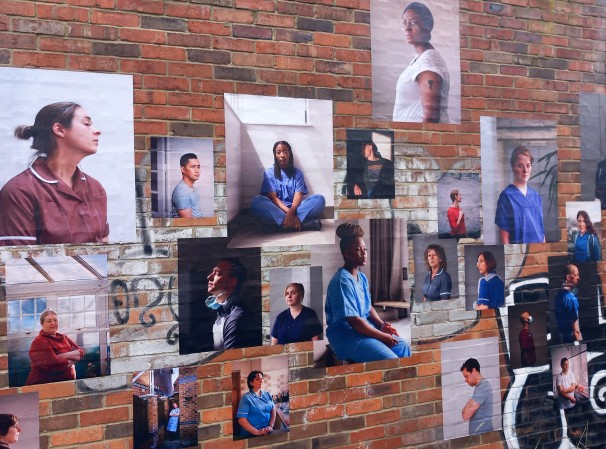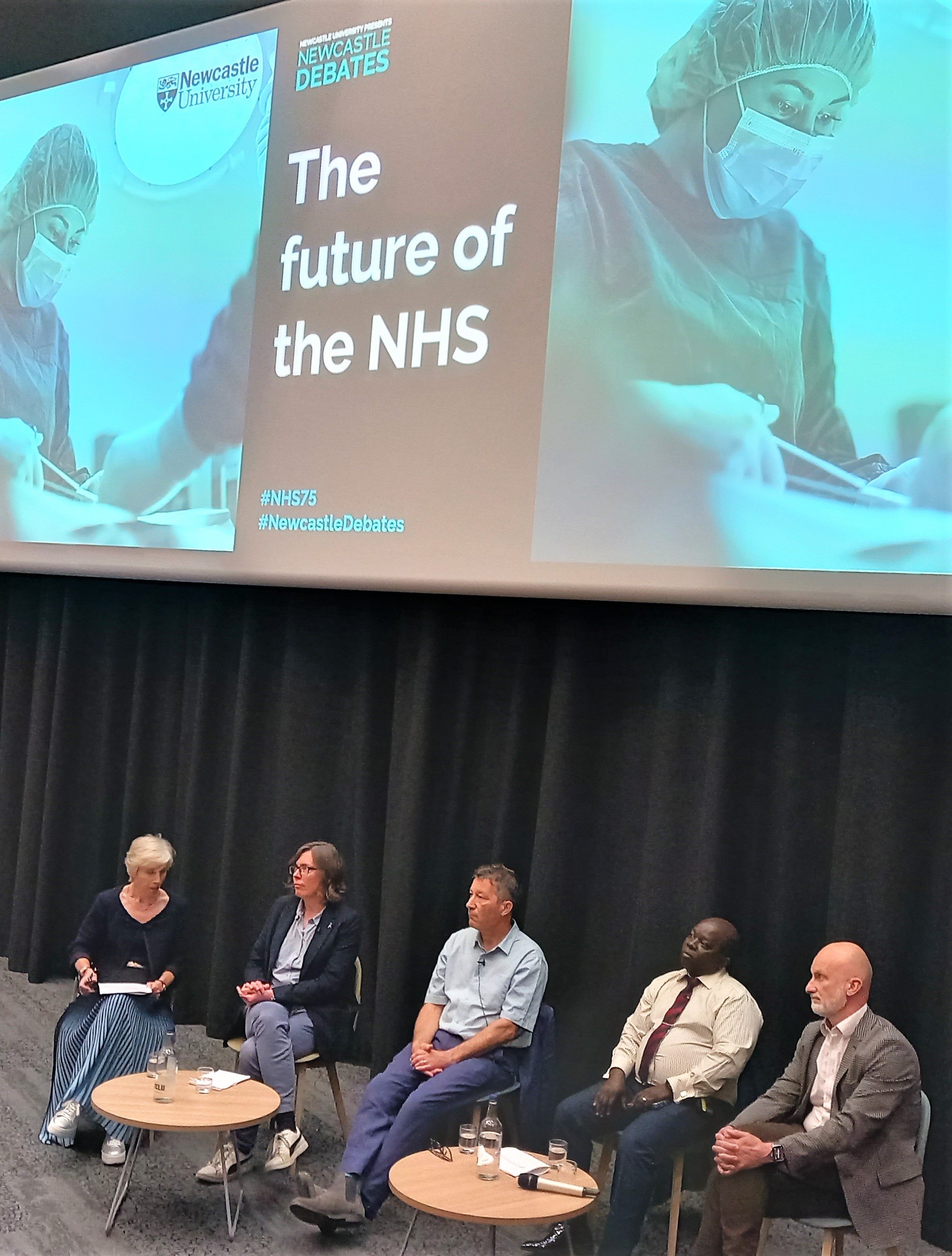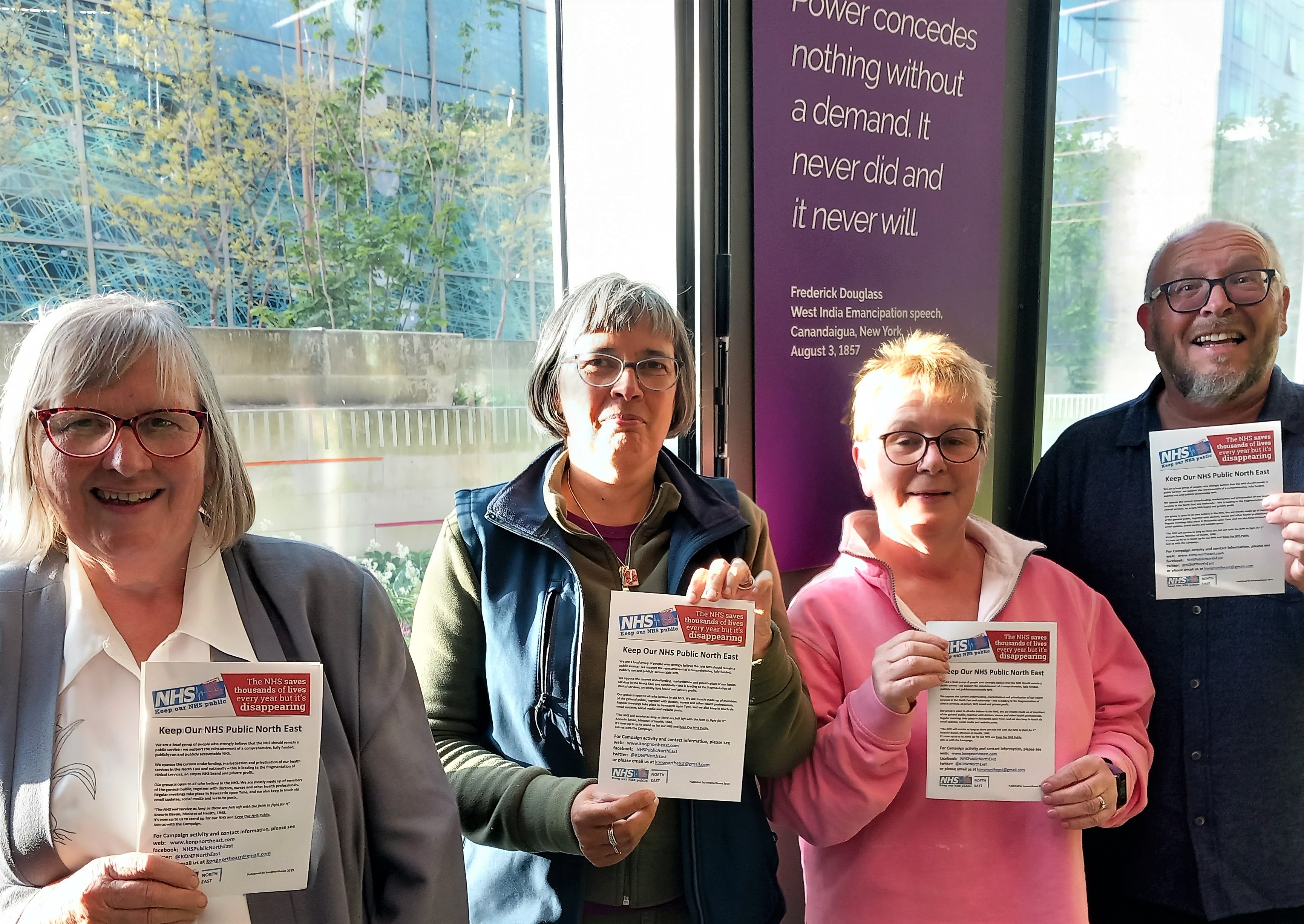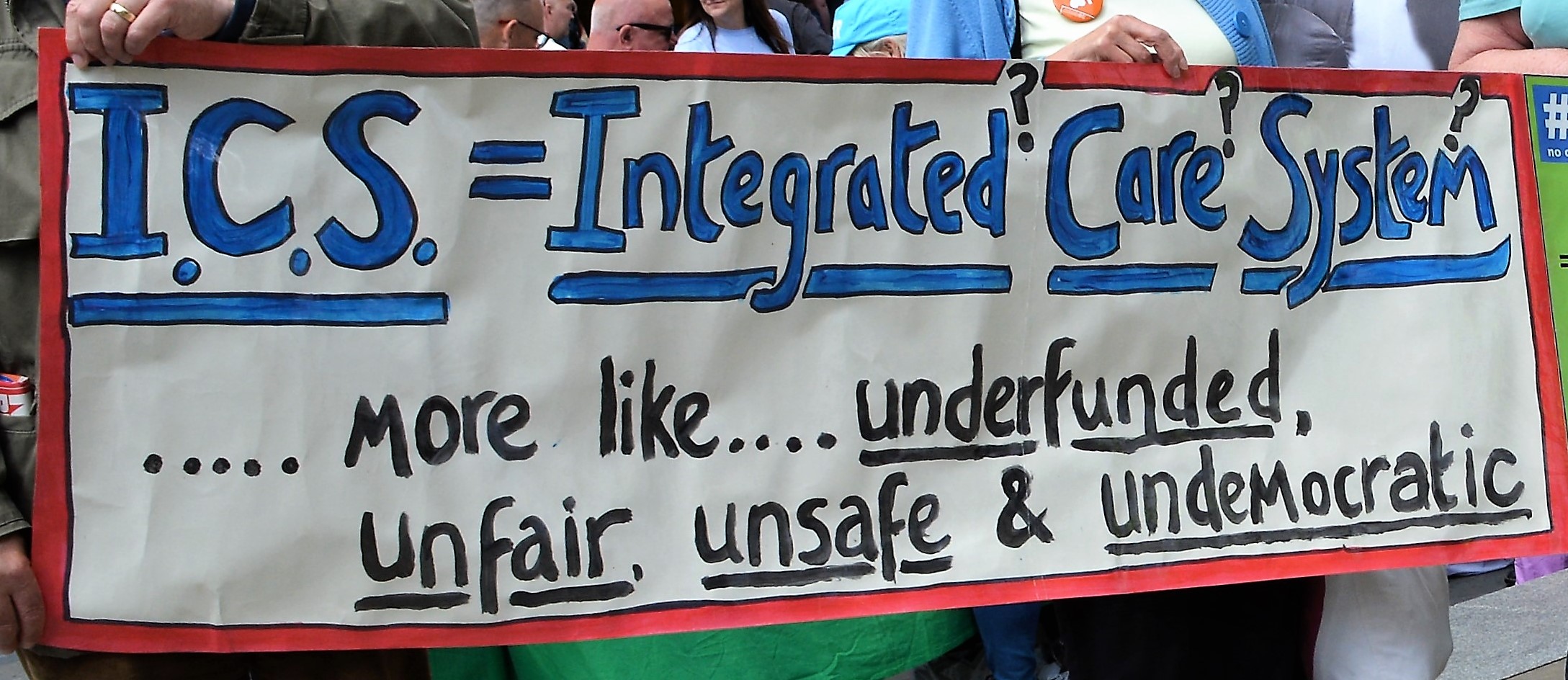Newcastle University Public Lecture series has secured Amanda Pritchard, Chief Executive of NHS England, to speak at tonights event – an excellent opportunity to hear from, and to question, the person at the top.
The University writes: In this lecture our speaker will discuss how the evolving needs of the public, as well as advances in science and technology, will shape both the demand on, and capabilities of, the NHS over the coming decade and beyond. Amanda Pritchard leads one of the 10 largest employers in the world, responsible for £150bn of annual funding. She has worked in the NHS since 1987, including in the Prime Minister’s Delivery Unit, and speaks about the service at a time of unparalleled pressures and demands, as it wrestles with demographic change and political challenges.
And KONPNE writes: Speaking to a packed auditorium at the Herschel Building, Newcastle University, Amanda Pritchard structured her presentation through an emphasis on the importance of viewing the NHS as a diverse team, charged with the three-fold need to recover (from the pandemic), to strengthen (the workforce, through recruitment, training and retention, and by being open and fair to all staff) and to transform (into a joined up, person-centred service through innovation and integration).
So far, so good. But what of the cuts, closures, underfunding and privatisation? Of course, this evening demanded strong attendance from KONPNE, and we were successful in having two questions attended to in the short post-lecture question slot:
“In order to reduce waiting lists the NHS is frequently paying for treatments from private companies. How do you justify the increasing use of public money to fund profit making companies and their shareholders, resulting in less of that money being available to pay for healthcare? “
and
“I am a member of Keep Our NHS Public North East, and I am interested in what you just said about privatisation. There is, this week, a piece in a national newspaper which reports that 10% of elective care is now provided by the private sector. Additionally, here, in the North East, an increasing number of private companies are gaining huge contracts to provide health care. One private healthcare group has the contract to run the Urgent Care Walk In Centres, which are located within our NHS hospitals throughout the North East. These take overs are not widely known, and this secrecy is compounded by the private companies concerned being allowed to use the NHS logo in their publicity….it may be argued that private companies are hiding behind the trusted NHS logo and that the public are being hoodwinked. What is your view on this?”
It has to be said that the responses to both questions were underwhelming. It was astonishing that Amanda Pritchard insisted that “private healthcare provision is small”. Really??!! Fact check called for. And even more astonishing that she expected the audience to believe her claim. We believe otherwise. She went on to speak of her personal agreement with the ideals of Bevan who, in 1948, described the NHS as a milestone in history, a civilised step, free at the point of delivery, available to all, funded through taxation…fastforward to 2024 and Amanda Pritchard made no mention as to who would provide it, what would be provided and where.
And so – all in all, a very mixed bag. Time was called in the windy cloisters of Newcastle University, but not without final opportunistic conversations in the foyer…always the last to leave, KONPNE had a final word with Amanda Pritchard about the Peoples NHS campaign hosted by the national office of KONP, and provided her with her own personal copy of the newly published and detailed “Restore the Peoples NHS” brochure, which she agreed to read. Much food for thought.
Thank you to Newcastle University for arranging and hosting this event as part of the Public Lectures series – excellent to have a local opportunity to hear and question key speakers.
The Peoples NHS Campaign is hosted by National KONP, and centres around 5 Core Demands: 1) A publicly provided NHS – end private involvement 2) An NHS funded to succeed – not defunded to fail 3) Respect, recognition, and decent pay and conditions for all health workers 4) Re-invest in public health and tackle health inequalities 5) Rebuild, restore and expand our NHS
CLICK HERE
for info about the Peoples NHS campaign


